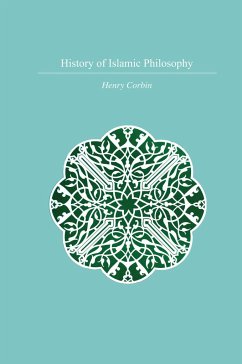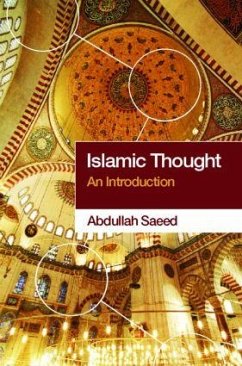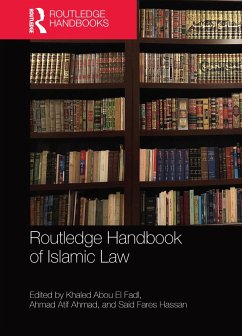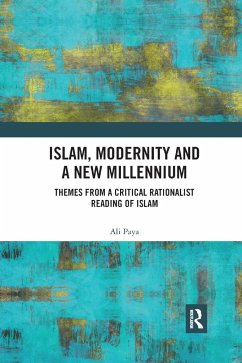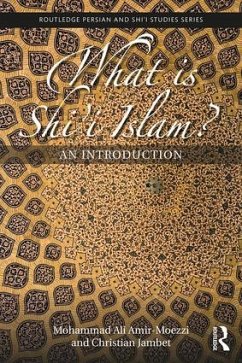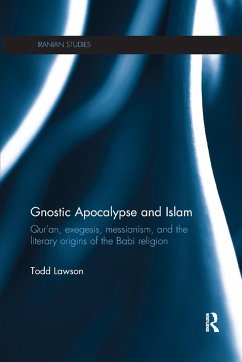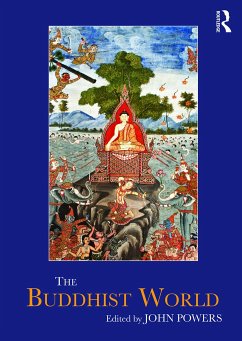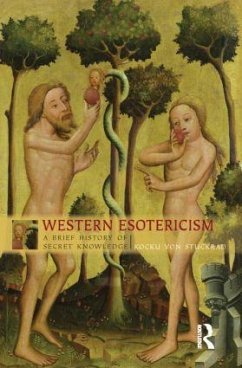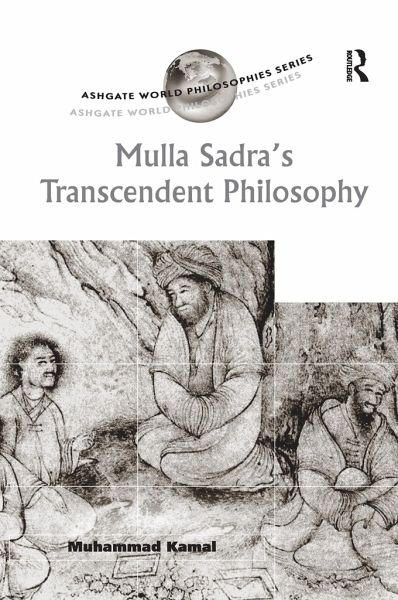
Mulla Sadra's Transcendent Philosophy
Versandkostenfrei!
Versandfertig in 6-10 Tagen
57,99 €
inkl. MwSt.
Weitere Ausgaben:

PAYBACK Punkte
29 °P sammeln!
Sadradin Shirazi (1571-1640), known also as Mulla Sadra, spoke of the primacy of Being and promoted a new ontology, founding a new epistemology. Mulla Sadra's ontology is an important philosophical turn and contribution to the understanding of the development of Muslim philosophy and thought. This comprehensive study of Mulla Sadra's philosophical thought explores his departure from tradition; his turn to the doctrine of the primacy of Being; the dynamic characteristics of Being and the concept of substantial change; comparisons with Heidegger's fundamental ontology; and the influence of Mulla...
Sadradin Shirazi (1571-1640), known also as Mulla Sadra, spoke of the primacy of Being and promoted a new ontology, founding a new epistemology. Mulla Sadra's ontology is an important philosophical turn and contribution to the understanding of the development of Muslim philosophy and thought. This comprehensive study of Mulla Sadra's philosophical thought explores his departure from tradition; his turn to the doctrine of the primacy of Being; the dynamic characteristics of Being and the concept of substantial change; comparisons with Heidegger's fundamental ontology; and the influence of Mulla Sadra's ontology on subsequent Muslim philosophy. Of particular value to students of philosophy, Islamic and Middle Eastern studies, philosophy of religion, and general readers who seek to understand Muslim philosophy, this book explores the significance of the doctrine of Mulla Sadra and its impact on subsequent debates in the Muslim world.






